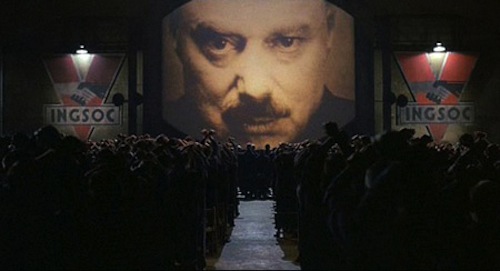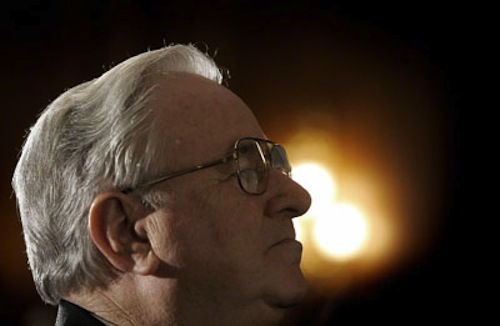Of all the names you can get called on the internet, “thirsty” is the worst. This is not to say “thirsty” is the worst thing you can say. That would be the n-word. But the n-word is one of those insults that reveals more about the person who says it than the person so insulted. When someone uses a slur, people think less of him immediately. He is a bumpkin or a coward. The person who calls you thirsty, on the other hand, establishes himself in a position of superiority. From there he observes your behavior and dismisses you with a word. It’s a pretty sick burn.
Tag Archives: Internet
Charter to Missoula: Screw you, we have a monopoly
I work from home, so when the internet stops working, I have a bad time. One such bad time was had throughout Missoula yesterday, when Charter internet service went down for the whole damn town. The Missoulian confirms the outage, but it doesn’t offer much else. Maybe that’s because even reporters can’t communicate with Charter except through their customer service call center, where a representative from the company would not say why the outage happened, when it would be fixed, how many customers were affected or what her own name was. Later in the day, a company spokesman declined to say most of the same things, although at least he offered his name. I hope the negative publicity from this failure doesn’t affect Charter’s busine—oh, right. They have a monopoly.
Close Reading: AT&T “doesn’t comment on matters of national security”
Using documents leaked by Edward Snowden, the Times wrote Saturday that the NSA’s ability to spy on US internet traffic “has relied on its extraordinary, decades-long partnership with a single company: the telecom giant AT&T.” NSA documents praise AT&T’s “extreme willingness to help” and remind contractors visiting the company to be polite, since “This is a partnership, not a contractual relationship.” I think we can all agree that a partnership between one of the nation’s largest telecommunications companies and the federal government to secretly monitor our communication is an exciting direction for America to go. As if this relationship did not smack of corporatocracy already, there’s this refusal from an AT&T spokesman to discuss any of the findings: “We don’t comment on matters of national security.” It’s subtle, but it’s the subject of today’s Close Reading.
DHS forced to reveal internet surveillance keywords
Thanks to our old buddy the Freedom of Information Act, the Department of Homeland Security has released a long list of keywords it uses to monitor the internet for information about natural disasters and terrorist attacks. “Monitor the internet for information” sounds a lot better than “spy on you,” which is what DHS might be accused of doing were their words not so stupid. Wave, drill, and infection all make the list, which means I am now caught in the dragnet for last week’s sentence, If this recent wave of infections doesn’t clear up soon, I’m going to drill a hole in Transportation Secretary Ray LaHood. That’s what my type of internet radical is into—being super-pissed at the DoT. We’re everywhere.
Liberty University blocks news re: Liberty University
Quick—what’s the most federally-funded institute of higher education in the nation? Don’t think about the headline of today’s post; just say UCLA or Ohio State or something. Actually, the answer may surprise you: it’s Liberty University, the “Christian evangelical university” founded by television pastor and former fraud indictee Jerry Falwell. Liberty* ![]() is a larger recipient of federal student aid dollars than any college or university in the country, in large part due to its online program, which enrolled 53,000 students last year. Along with the 12,000 students at its residential campus, those young scholars gave Liberty $445 million in taxpayer dollars—$25 million more than last year’s federal allocation to the Corporation for Public Broadcasting. The news is counterintuitive, given the Falwell family’s ultraconservative and explicitly anti-federal politics. Maybe that’s why, for at least part of last week, Liberty University blocked campus internet access to the Lynchburg News and Advance, the paper that originally ran the story. Or God did it—whatever.
is a larger recipient of federal student aid dollars than any college or university in the country, in large part due to its online program, which enrolled 53,000 students last year. Along with the 12,000 students at its residential campus, those young scholars gave Liberty $445 million in taxpayer dollars—$25 million more than last year’s federal allocation to the Corporation for Public Broadcasting. The news is counterintuitive, given the Falwell family’s ultraconservative and explicitly anti-federal politics. Maybe that’s why, for at least part of last week, Liberty University blocked campus internet access to the Lynchburg News and Advance, the paper that originally ran the story. Or God did it—whatever.





